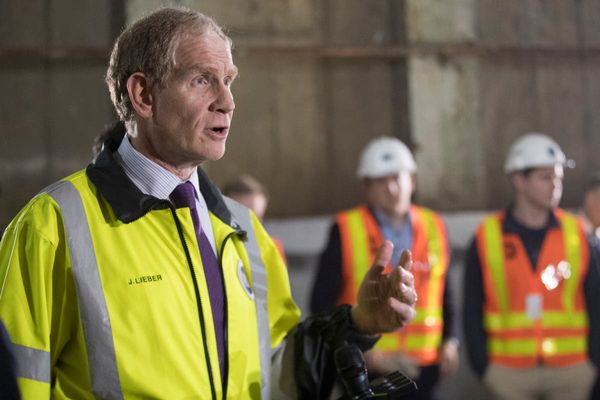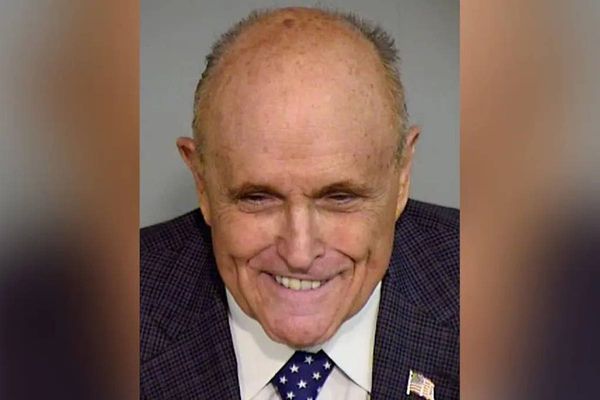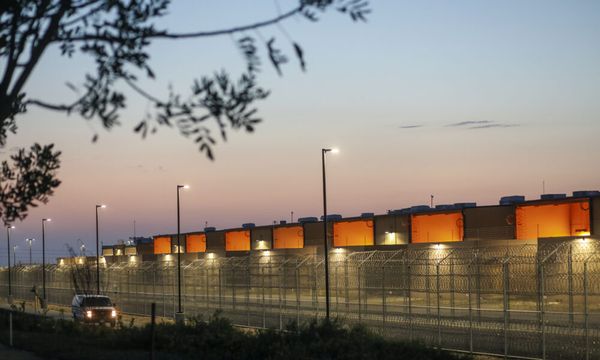
Veterans are being left to pay for their own healthcare for service-related injuries and conditions as some GP clinics are no longer accepting the veteran white card.
The clinics argue the rebates are not high enough to cover the cost of services, but not getting timely and affordable medical care is exacerbating the chronic health issues of veterans and is causing mental distress, according to one advocate.
An email sent to patients of a GP clinic in Canberra said that “many DVA [Department of Veteran Affairs] patients are accustomed to not paying for their medical care” but that “we can no longer accept the DVA rebate as payment for our service”.
“For this reason, we regret that we are transitioning to charging full fees for DVA white card holders,” the email read.
“This change will come as a shock. We wish to assure you that this change in billing is being implemented reluctantly, and with sadness, due to the financial necessities of running a small business.”
The email says the rebate provided to GPs by the DVA no longer covers the full cost of treatment and care. “DVA currently reimburses GPs less than half of the cost of standard fees,” the email read.
Amy Blacker served for 24 years in the Royal Australian Navy before being medically retired in April. She is still waiting for the DVA to approve a number of conditions for inclusion on her white card. It is a process she began in 2021. But earlier in February, her GP clinic wrote to her to say they no longer accept the card, so she will never get a chance to benefit from it.
“DVA is unable to compel any particular GP or allied health clinics to accept the white card if they don’t wish to, as this is essentially a business decision that each practice must make based on their own circumstances,” Blacker said. “This may lead to instances where veterans may indeed struggle to access convenient, local, DVA-funded care for their accepted conditions.”
Blacker said she does not want to change GPs because she and her family have been attending the same practice for many years, and she is happy with the care the clinic provides for her complex conditions. But she is paying out-of-pocket costs.
She said between the long process of applying to the DVA to have conditions covered by the white card, and the difficulty in finding clinics that accept the card, many veterans are struggling.
“It’s nearly a year since discharge, and two years since I first started the application processes through an RSL advocate,” Blacker said.
“It’s one thing for me to be inconvenienced but there are many who have and would find this hugely challenging. I know it’s not the intent of this system to be cruel, but it’s just so good at it. Surely there has got to be a better way.”
A former senior manager in the department of health and policy analyst Charles Maskell-Knight challenged claims from GPs that they are losing money from accepting the veteran white card.
“Given the veterans benefit is 15% higher than the benefit for concessional cardholders, and 35% higher than an ordinary punter being bulk-billed, it is hard to see why GPs would stop charging vets under the DVA arrangements – other than to make a political point,” he said.
GPs have been arguing they can no longer afford to bulk-bill patients because the rebate they receive does not meet the costs of providing healthcare. However, this claim has been challenged by some, including thinktank the Grattan Institute, which found that even bulk-billing GPs have “steady profit margins”.
The retired army major Stuart McCarthy, who served in Afghanistan, Iraq and Africa, and is now an advocate for veterans, said: “If you only have one GP clinic in your town because you live rurally or regionally, and they no longer accept the white card, what are you going to do?”
Not getting timely and affordable medical care is exacerbating the chronic health issues of veterans and is causing mental distress, he said.
“Maybe you’re under financial stress, you have family struggles, you’re in pain, you can’t get work, and you’re unable to claim your health conditions,” he said. “And that creates suicide risk as well.”
Guardian Australia contacted the office of the minister for veterans affairs, Matt Keogh, for comment, and was referred to an interview with Radio 6PR on 17 February. Keogh said while he had heard GPs were no longer accepting the card, “it’s definitely not all GPs”.
“And what I say to veterans is, if you’re having trouble finding a GP or a specialist that will accept the white card, contact DVA. We will connect you to a GP or medical specialist that is able to help you under your white card. We’ve seen a decline in doctors’ bulk billing, and this is really the same problem manifest in the veterans’ community now as well.”
Do you know more? Email melissa.davey@theguardian.com
Crisis support services can be reached 24 hours a day: Lifeline 13 11 14; Suicide Call Back Service 1300 659 467; Kids Helpline 1800 55 1800; MensLine Australia 1300 78 99 78; Beyond Blue 1300 22 4636







